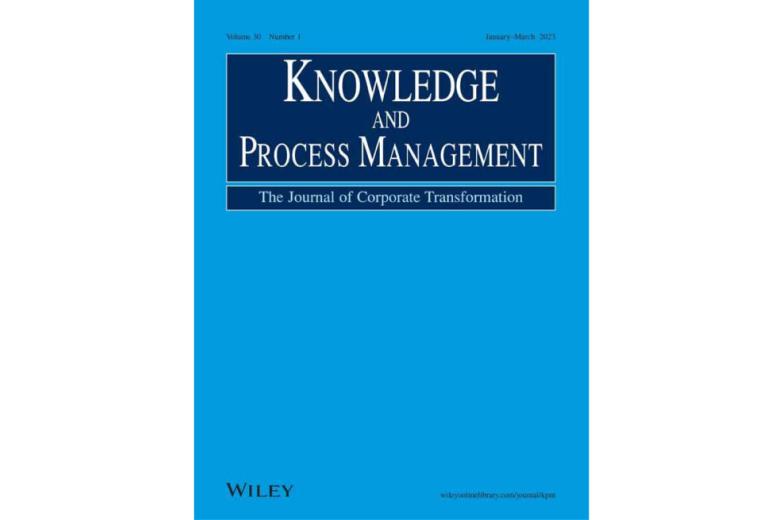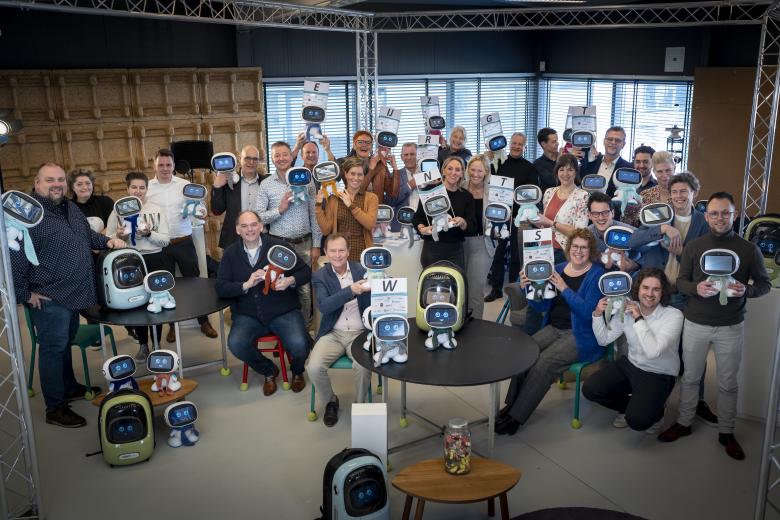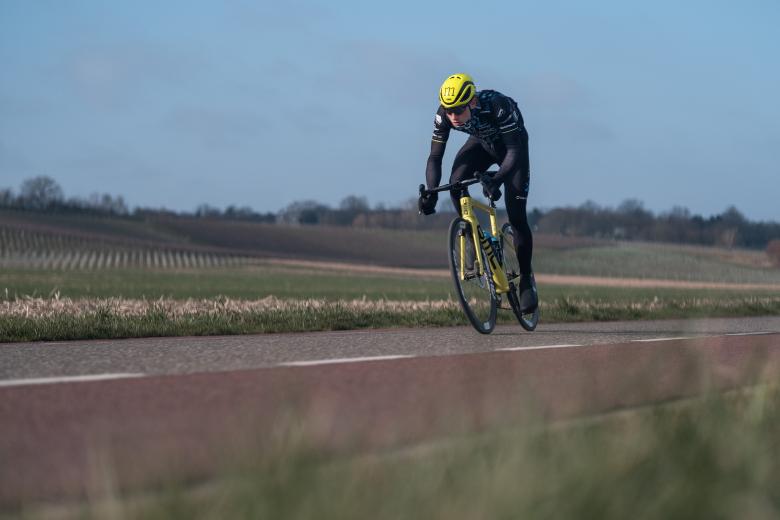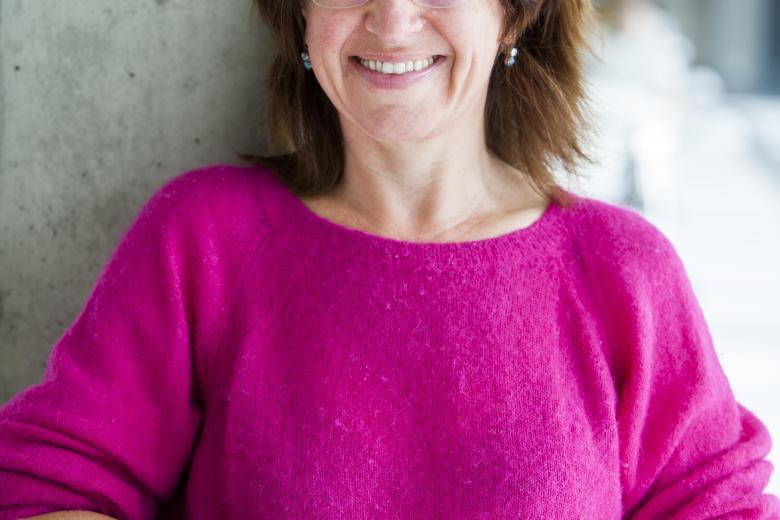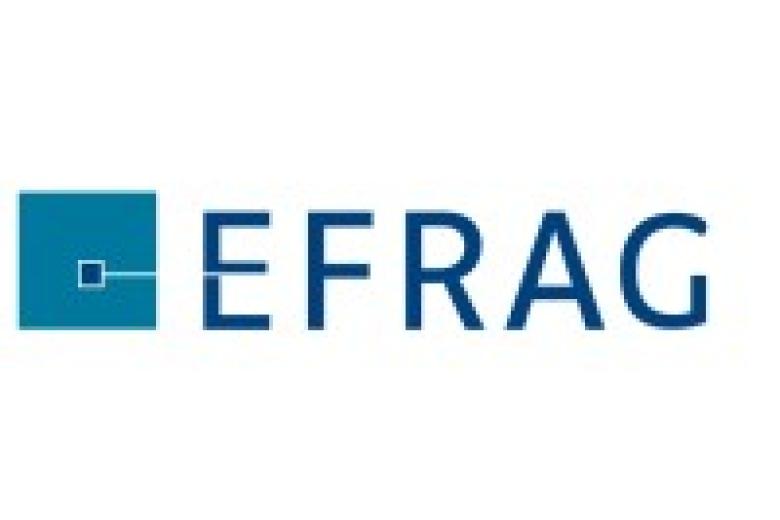Panic: what you should (or shouldn’t) do
Professor Koen Schruers was set on studying schizophrenia after graduation – until he was asked to participate in PhD research on panic. He was fascinated. One in four people will suffer a panic attack at least once in their lives, and one in thirty will develop a panic disorder. The phenomenon can...


